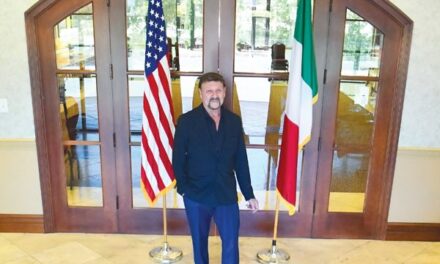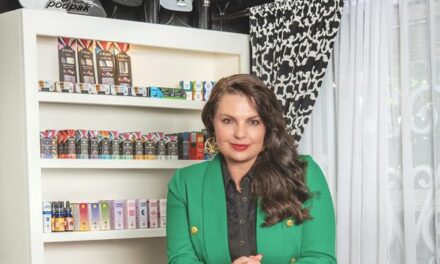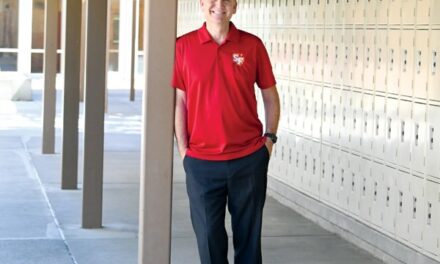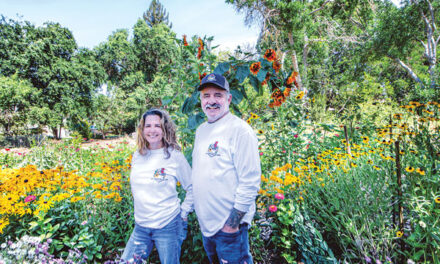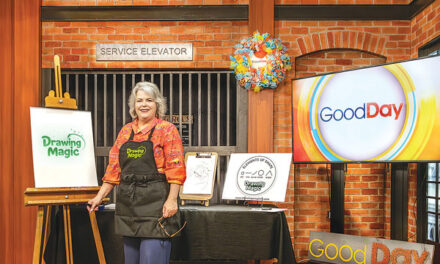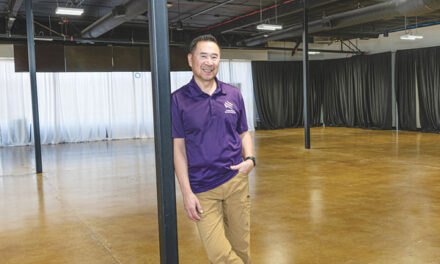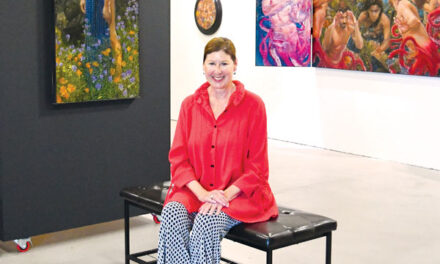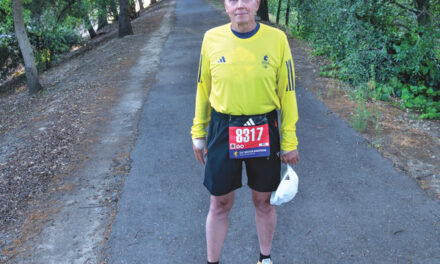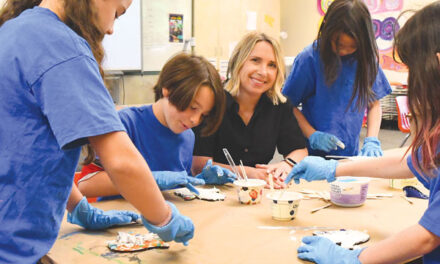The Simple Life
For chef Rick Mahan, good food doesn’t have to be fancy
By Jordan Venema
July 2017
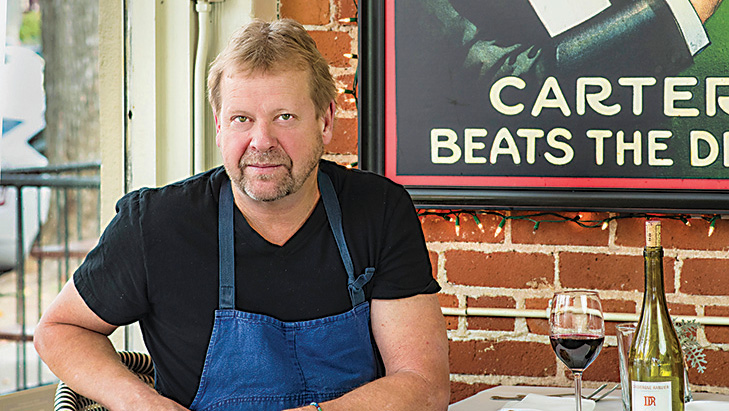
Sacramento may be synonymous with farm to fork, but this wasn’t always the case. Rick Mahan, chef and owner of two restaurants, The Waterboy in Midtown and OneSpeed Pizza in East Sac, is considered a progenitor of Sacramento’s farm-to-fork movement, but he says that’s just how cooking should be done.
“We’re the farm-to-fork capital, whatever that means,” he says with a laugh, “but it’s one of those things that we used to pay attention to long before the phrase came around. Now it’s grown into its own thing.”
The Waterboy is now in its 21st year, and Mahan, who grew up in Carmichael, has come a long way from washing dishes at a family restaurant during high school. “I ended up cooking and loved it.
They inspired in me a real sense of pride, and I decided from that point forward to be a chef,” explains Mahan.
At 19, Mahan moved to San Francisco to apprentice as a chef at the St. Francis Hotel, after which he was offered a position at a hotel in Boston.
“But when I was done with my apprenticeship, the hotel was about six months out from being built,” says Mahan. He moved back to Sacramento, where he found a job and met a woman. As it so often happens, he decided to stay.
After stints at several Sacramento restaurants, Mahan became chef at Paragary’s, where in 1985 he bought his first box of organic produce.
“We established a relationship with a farmer,” says Mahan. “He would call and say what he had and we’d take what we needed. It was impressive to my young eyes what he could bring versus a conventional supplier. At the time, this just wasn’t happening, but it made so much sense. This was how they do it in Europe. From that point forward, I made a commitment to support our local farmers as much as I could.”
After Paragary’s, Mahan and a partner successfully opened two restaurants and planned a third, until Mahan opted for a different course.
“My favorite restaurant on the planet always will be Chez Panisse in Berkeley. I’ve probably eaten there 50 or 60 times, and I’ve learned more from that restaurant than any other,” he says. At the time, a Chez Panisse chef was hosting culinary-inspired tours of the Bordeaux region of France. Mahan went on one.
“Going to France changed my life. “Something happened. I decided that this is the kind of life I want to live. I like the idea of taking a nap in the afternoon, or having a glass of rosé with lunch,” he says.
Drawn to what he calls the simplicity of life (“the no-BS atmosphere, the lack of pretense”), Mahan returned wanting to cook in a similar spirit. So he sold his interest in the restaurants and took six months to regenerate before opening The Waterboy.
Though a seasoned chef and restaurateur, Mahan admits this venture was unexpectedly difficult. “Midtown was nothing like it is now,” he explains. “It was a lonely place in the evening, and I totally overestimated my popularity. I figured customers would understand how passionate I am about this, that we’re going to kill it, but the opposite happened.”
After a few successful first weeks, business slowed down, says Mahan. “We opened with a barebones budget, and didn’t borrow money to open, so over the course of four years I pretty much lost everything: my house, my wife. There were plenty of nights I’d walk out with tears in my eyes, wondering what it would take.”
Around the five-year mark, something clicked, though perhaps not how Mahan would have wanted. At the time, two-for-one coupons were popular. But Mahan had said, “If I ever get to the point where I have to run a coupon, I’ll close the restaurant.”
Then, his friend and bookkeeper walked into his office crying and said, “If you don’t run a coupon, we’ll have to close.”
So Mahan did.
“I hated it. But it got people in.”
More than stimulating business, it humbled Mahan.
“There’s a time between your late teens and 30s when you’re as passionate about what you do as you’re ever going to be,” he says. “The realities of the world haven’t set in yet, but eventually you step back and realize you’re not that great.”
There was a time when he wouldn’t carry certain wines, even if customers liked them, because he didn’t like the winery.
“But over the last seven or eight years,” he says, “I’ve totally released my ego.”
Now, Mahan is holding onto the lessons he learned in France.
“At the end of the day, the only thing I want now is for people to come in, to have a good time and be acknowledged.” And perhaps, as they do in France, enjoy a glass of rosé along the way. “The world would be a nicer place if we had a little bit of wine with lunch.”




